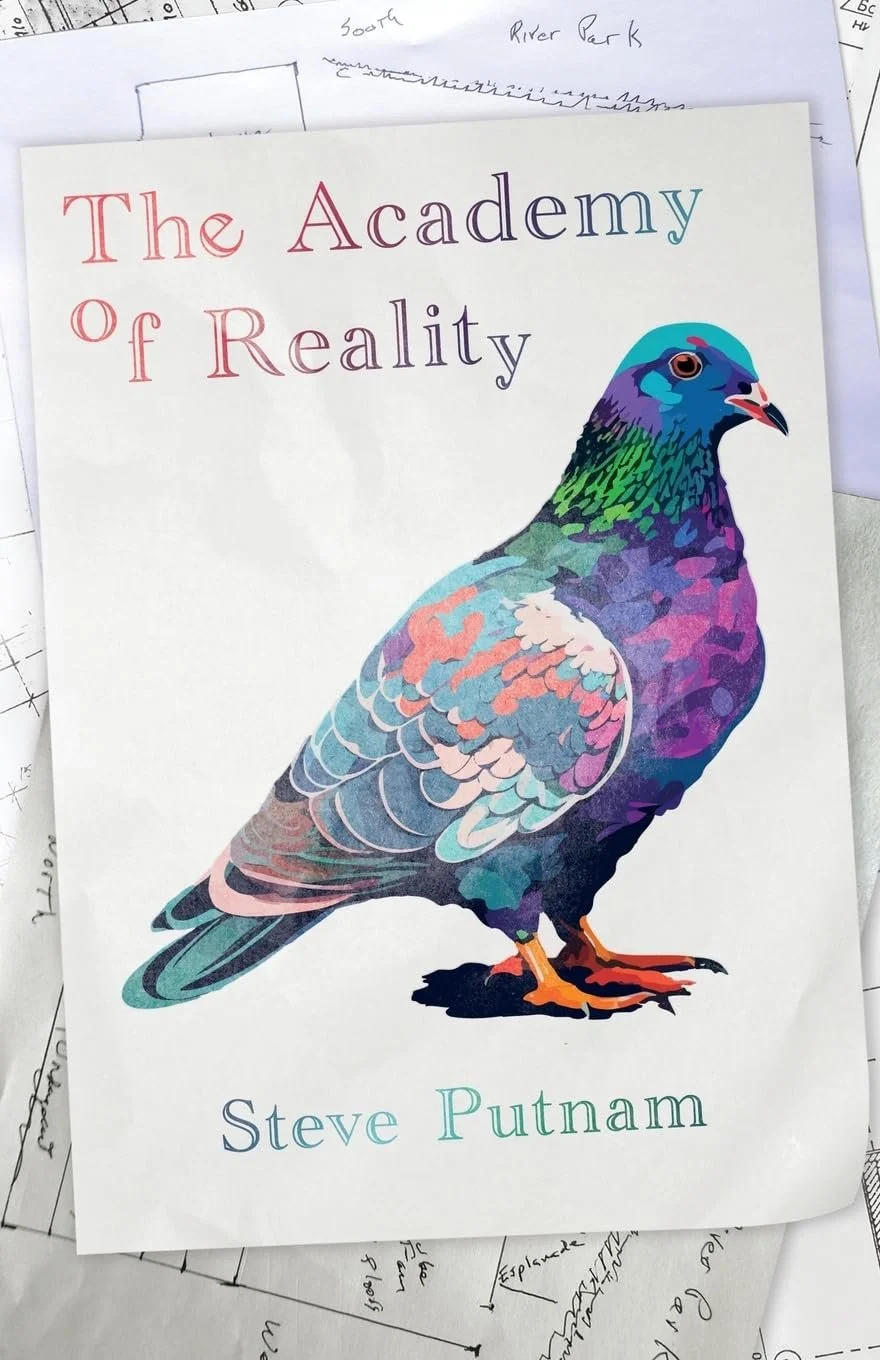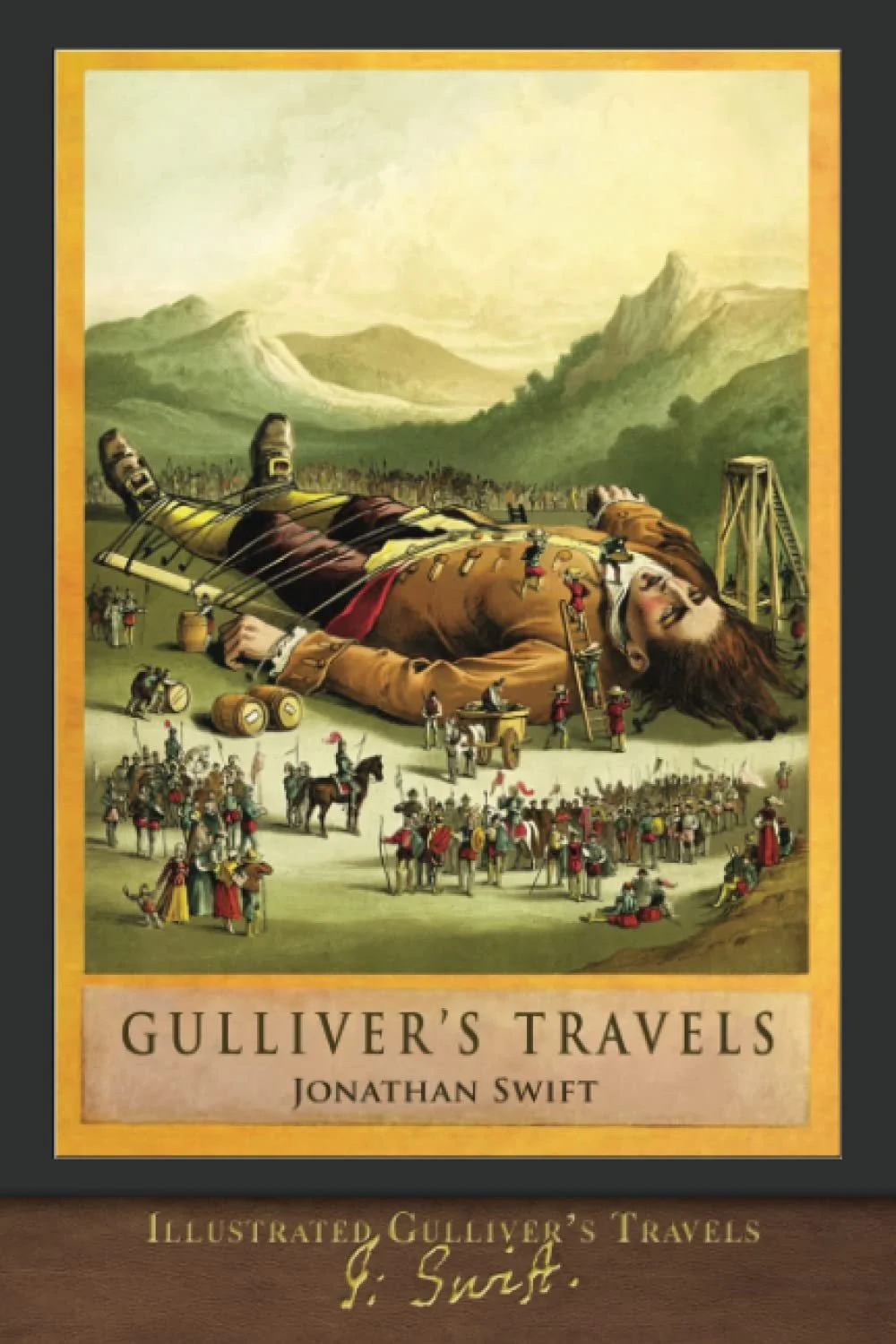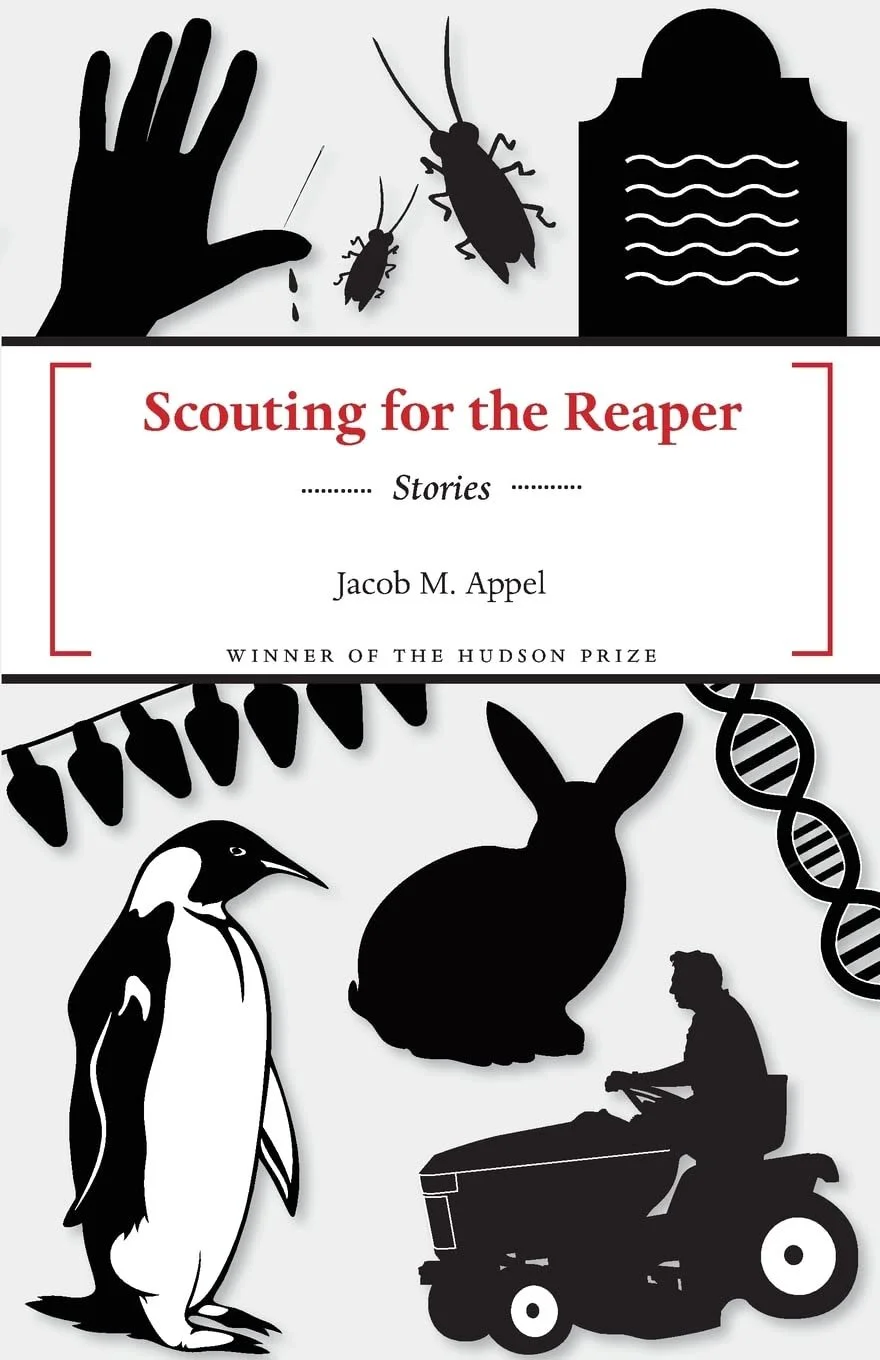Steve Putnam
Author Interview - Steve Putnam
Author of Academy of Reality
Two subversive corporate techs, cynical Sid Sidney, and carefree shadow artist Mia Monroe, get caught up in the corporate undertow of bastardized metrics. Mia’s bio clock and Sid’s world population clock blip in-the-moment numbers on tablets, a battle of Darwinian proportions: Mia wants a baby, even though humans and pigeons overpopulate the Institute. A homeless girl with a swaddled kitten panhandles at the front entrance. Sid and Mia’s survival depends on metrics that track office machine glitches, insurance profits, the lab’s birdseed expenses, and pigeons’ ping pong scores. HR assigns Sid and Mia to co-author an employee benefits booklet, Fifty Places to Picnic.
Despite Institute advice to massage performance metrics with creative reporting, numbers get worse. Security catches Sid and Mia picnicking in an elevator, both fully dressed, Mia’s not wearing her shoes. Mia remains over budget, buying organic birdseed for the Institute’s research pigeons. She rescues pigeon Penguin Four from the Institute’s Pigeon Sacrifice, creating a custody conflict with the Research director. Robotic printer, The Machine, misfeeds paper often enough to make keyboard jockeys complain; a reliable fix would swing Sid’s performance numbers positive.
Overhauling The Machine, Sid accidentally unplugs the wrong connector. A momentary voltage surge corrupts software, and increases the output of phantom information, triggering radical paradigm drift: Instead of selling insurance to clients afraid of dying, the meaningless output redefines insanity with diagnostic true or false questions for people afraid to live. A couple of samples: On school days, did you take the bus or take your lunch? A watched boil never pots.
Mia answers these questions for fun and gets results that suggest she’s a criminal. While troubleshooting LaserFunk, Sid also gives it a try. His diagnosis: “Surrender to chaos, arrest restlessness. Advance to the EggRoom, safe asylum, funhouse for being,” robotheatre that transforms numerical reality into theatrical truth.
A technician who works with Sid on occasion plans to lace the reservoir with ACE4 a contraceptive drug, and sell pure, unadulterated water for couples who wish to reproduce. Sid goes along for the ride when the helicopter drops the ACE4 into the reservoir. The plan fails. Environmental police arrest Sid and the pilot for littering. In response to population forecasts, the Academy diversifies and develops the Emporium of Encapsulation, low-income capsule rentals more efficient than one-room apartments, subsidized by taxpayers who will fill them.
Mia refuses to force her pigeons to live at The Emporium. Ahead of their time, already residing in capsules suspended in her condo, she adds another capsule for the homeless girl with the swaddled kitten. She roomscapes the place with a built-in cathedral-shaped cubby that frames an abandoned pigeon egg balanced on a golf tee. Taking Sid and Mia by surprise, a pigeon chick hatches. Not immaculate conception; miraculous incubation under a spotlight’s artificial warmth.
Author Interview - Steve Putnam
Author I draw inspiration from:
Kurt Vonnegut, Breakfast of Champions; Joseph Heller, Catch 22; Jonathan Swift, Gulliver's Travels. More contemporary authors include Jacob Appel, Scouting for the Reaper; Jay Neugeboren, After Camus; Roger King, Love and Fatigue in America
Author Interview - Steve Putnam | Author I Draw Inspiration From
Favorite place to read a book:
I like the couch. My sound system is close by. On some occasions, I like to read with jazz in the background. Rock doesn't work as well when I'm reading.
Book character I’d like to be stuck in an elevator with:
In this instance, I'd rather meet Jonathan Swift than one of his characters. I'd thank him for the idea that you don't always have to be serious about serious fiction, that sometimes humor is the best way to reveal the truth. I think he would be humble. I imagine him telling me, 'Sometimes the magic works, sometimes it doesn't." If the magic works or not, I think most of my fiction has leaned toward absurdity. When the elevator doors open for Jonathan to leave, I'd have to thank him again. I'm not sure if I should assume we're on a first name basis.
Author Interview - Steve Putnam | Book Character I’d Like to be Stuck in an Elevator With
The moment I knew I wanted to become an author:
Probably a series of moments. I remember when I was a19-year-old kid in the navy, assigned to barracks Firewatch. After making my rounds, I was caught reading with a government-issue flashlight. The officer in charge told me there would be no reading. I sensed that he didn't read much. In retrospect, he did make a strong case that a sailor on watch shouldn't be wasting batteries. I stopped taking the joy of reading for granted. Out to sea, I appreciated reading even more. I wondered if I could write a book. My first attempt was only a paragraph. I made sure that it didn't survive. Attending college on the GI bill, I read Gulliver's Travels. Our professor (Richard Gid Powers) assigned us to write a one or two-hundred-word story that imitated J. Swift. I wrote a story about a talking pig named Pork Chop Hill Horny Wallace who fell in love with himself after deciding that he wasn't like the other pigs. The paragraph worked; it got an "A." More important, it opened a door, after my apathetic years in public school. I saved that paragraph; I'm pretty sure I still have it. I wish I had mentioned this to J. Swift during our imaginary conversation on the elevator.
I graduated at a time when job opportunities for liberal arts majors were scarce. Married with children, I moved from job to job; G.M. mechanic, I taught, at a Job Corps center, and worked as a laborer. I also wrote my first novel and "workshopped" it in an MFA class with Jay Neugeboren. I was confident that someone would accept it for publication, but that didn't happen. My first wife and I divorced. The manuscript survived on a shelf for quite a while. Art imitates life; life imitates art. Fictitious pieces of the story had become real-life. I shelved it, and ended up working as an in-house tech at a large insurance company where I wrote the Academy of Reality
Hardback, paperback, ebook or audiobook:
Hardback, the most common cover when I was young--it was a sign of quality. When paperbacks came along, most fiction was still published in hard cover. As an unpublished writer, I vowed my book would be hardback; subsequent printings would be paperback. I've disabused myself of my grandiose delusions. I'm honored to be published. Paper is my preference. I can't picture myself listening to an audio book, but you never know. . .
The last book I read:
A short story collection by Phillip Appel. His first line in Scouting for the Reaper: "Nothing sells tombstones like a Girl Scout in uniform." As a hook, the sentence speaks for itself. I was immediately engaged as the story unfolded.
Author Interview - Steve Putnam | The Last Book I Read
Pen & paper or computer:
I was a mechanic working on my first novel, I always had a pen and folded piece of paper in my shirt pocket. I'd scribble a quick idea or feeble vision, stash it in my pocket, and key it in later. The result became something bigger if it seemed like a good idea. If not, it was forgotten or trashed. The ritual became a habit. I'll sometimes draft a story or chapter before keying it in.
Book character I think I’d be best friends with:
Kilgore Trout in Breakfast of Champions, a struggling, socially awkward, unknown science fiction writer who wins an obscure literary award. If I remember correctly, he had to wade through plastic sludge to get to the ceremony where he accepts his award from his only
admirer, a used car dealer. I'm not Kilgore Trout. I hope I'm not as awkward or klutzy in real life, but I admire his tenacity. He's not a war hero, or rockstar or insurance salesman. He's one of us. . . At a writers' convention, you might meet him at the bar. Given the chance, I'd buy him a drink.
If I weren’t an author, I’d be a:
Musician; I played flute and sax in high school but never took them seriously. I have a couple of repadded flutes on the shelf, almost forgotten like old manuscripts.
Favorite decade in fashion history:
60s The hip revolution.
Place I’d most like to travel:
New Orleans. I went to a couple of literary conventions there. My wife and I loved the street music. Also, Nashville. Twenty-plus years ago, we attended a convention to promote my nonfiction book, 'Nature's Ritalin for the Marathon Mind.' I think the street was called Honkytonk Highway. We could check out the bands, showcased through plate glass windows. . .
My signature drink:
Bourbon, cherry seltzer, lots of coffee, definitely not in that order.
Favorite artist:
Black Angels, Tool, Miles Davis (Bitch's Brew)
Number one on my bucket list:
Short Story Anthology
Anything else you'd like to add:
I raced marathon canoes with my daughter, wife and members of the New England Canoe and Kayak Association {NECKRA). From cigarettes and pot to smoke-free living, marathon canoe racing inspired me to write "Nature's Ritalin for the Marathon Mind." Dated but still out there, the book reviews anecdotal and scientific evidence that suggests exercise can relieve some ADHD symptoms.
Find more from the author:
https://www.facebook.com/people/Steve-Putnam-Author/61554839529439/
steveputnamauthor.com
About Steve Putnam:
Author Interview - Steve Putnam
Steve Putnam lives in Western Massachusetts, in the ancestral shadows of farmers, builders, and ice dealers; he has worked as a GM mechanic and framing carpenter. Last gig as a copier tech, he guest-starred in the corporate florescence of a large life insurance company. When the printer fleet was up and running, he hid out in his basement shop and drafted the Academy of Reality. Corporate people never suspected they were funding a novel about the curious ways of big business. Putnam earned the title ‘Tech of the Year’ and trip to Arizona. Academy of Reality was later shortlisted as a Novel-in-Progress in the 2016 New Orleans Faulkner-Wisdom Competition.
Putnam’s short fiction has appeared Whiskey Island, Main Street Rag, and a number of Scribes Valley Publishing anthologies. Also, the author of Nature’s Ritalin for the Marathon Mind, it’s no surprise, he often paddles marathon canoes, solo or tandem with wife, Cynthia, sometimes with next-generation family members.









